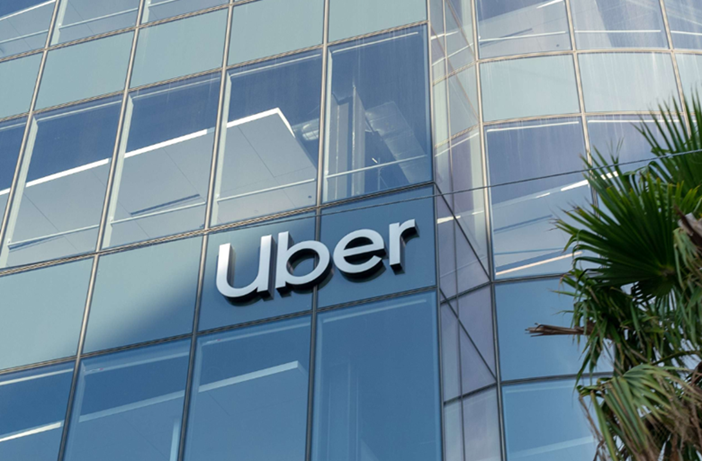Uber, the disruptor of the taxi industry, has finally settled a lawsuit in Australia, agreeing to pay a hefty A$271.8 million ($178 million). The case, brought by Australian taxi operators and drivers, alleged that Uber’s arrival in 2012 had devastating consequences for the traditional taxi industry.
The class action suit, filed in 2019 in the Supreme Court of Victoria state, represented more than 8,000 taxi and hire car owners and drivers. It accused Uber of flouting laws that required taxis and hire cars to be licensed. According to the lawsuit, Uber’s entry into the market not only siphoned revenue from licensed taxi drivers but also devalued the licenses they had invested in.
Maurice Blackburn Lawyers, representing the plaintiffs, hailed the settlement as Australia’s fifth-largest. Michael Donelly, a principal at the firm, noted, “Uber fought tooth and nail at every point along the way.” He added, “After years of refusing to do the right thing by those we say they harmed, Uber has blinked.”
In response, Uber maintained its stance of compliance, stating that it had contributed to state-level taxi compensation schemes since 2018. An Uber spokesperson emphasized, “With today’s proposed settlement, we put these legacy issues firmly in our past.”
Former lawmaker and taxi driver Rod Barton, a member of the class action, expressed satisfaction with the settlement, asserting that Uber had knowingly circumvented the country’s taxi licensing rules. Barton told the Australian Broadcasting Corp, “They knew full well they were required to have their drivers and their vehicles fully licensed. They chose not to do that, and they did a lot of things that gave them a commercial advantage against the taxi industry, which established their foothold.”
The legal landscape shifted in 2015 when the law was changed, allowing Uber to operate without taxi licenses. However, state governments implemented compensation schemes for taxi drivers and license owners affected by the changes.
Uber’s settlement in Australia marks another chapter in the company’s tumultuous relationship with traditional transportation industries around the world. As the company continues to navigate regulatory challenges, this settlement serves as a reminder of the complexities and costs involved in disrupting established industries.
(Source: Reuters | Al Jazeera | The Guardian)









